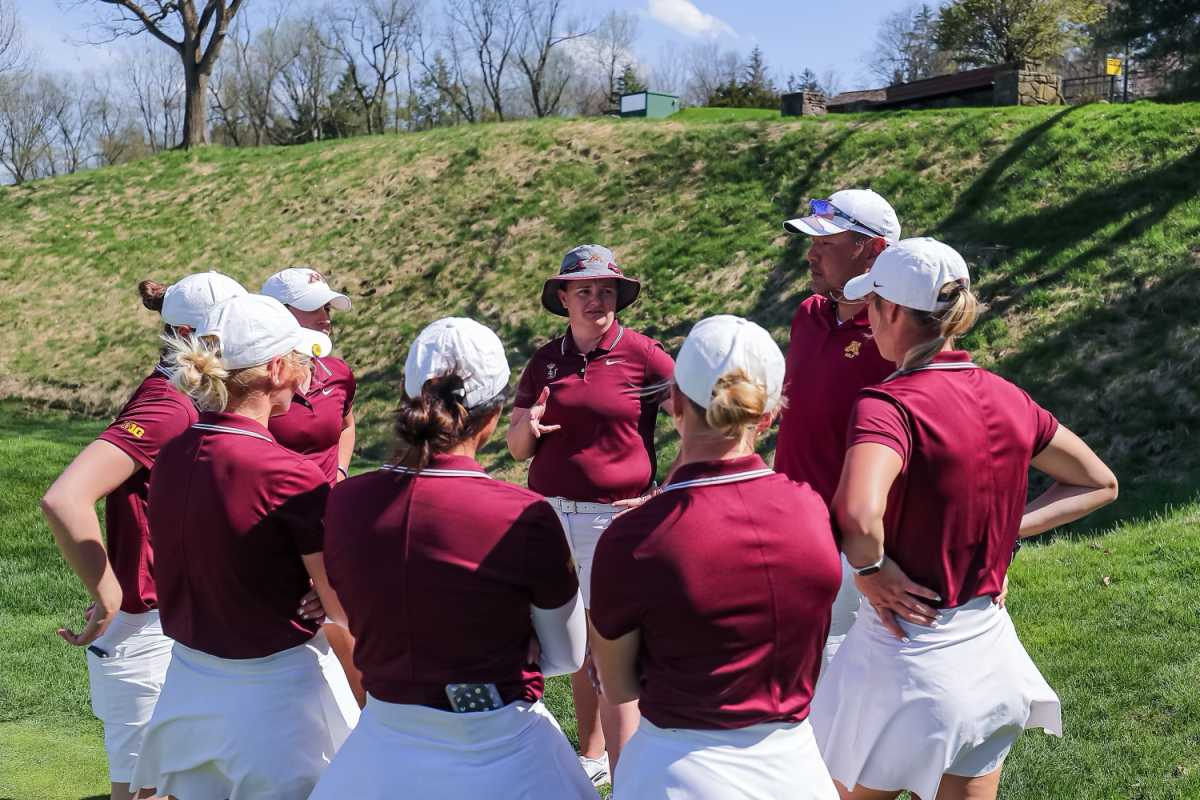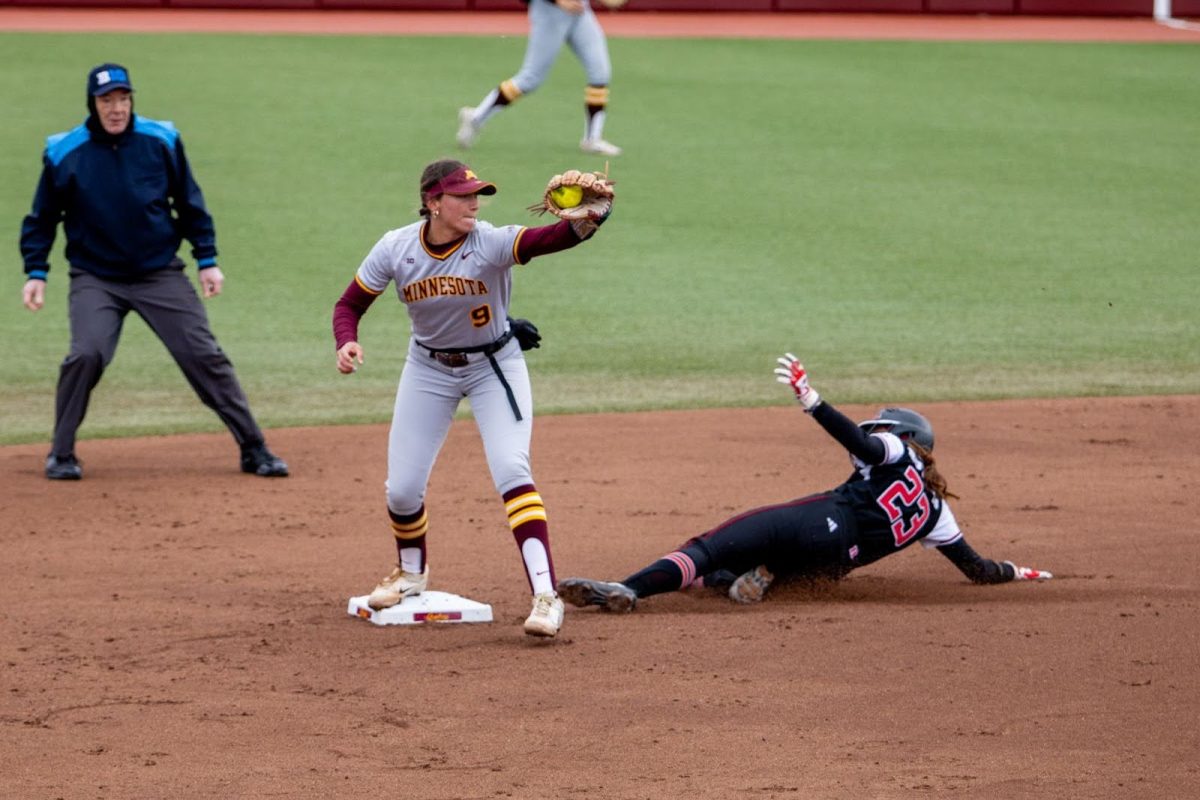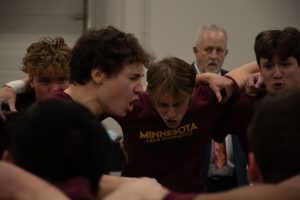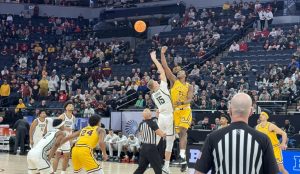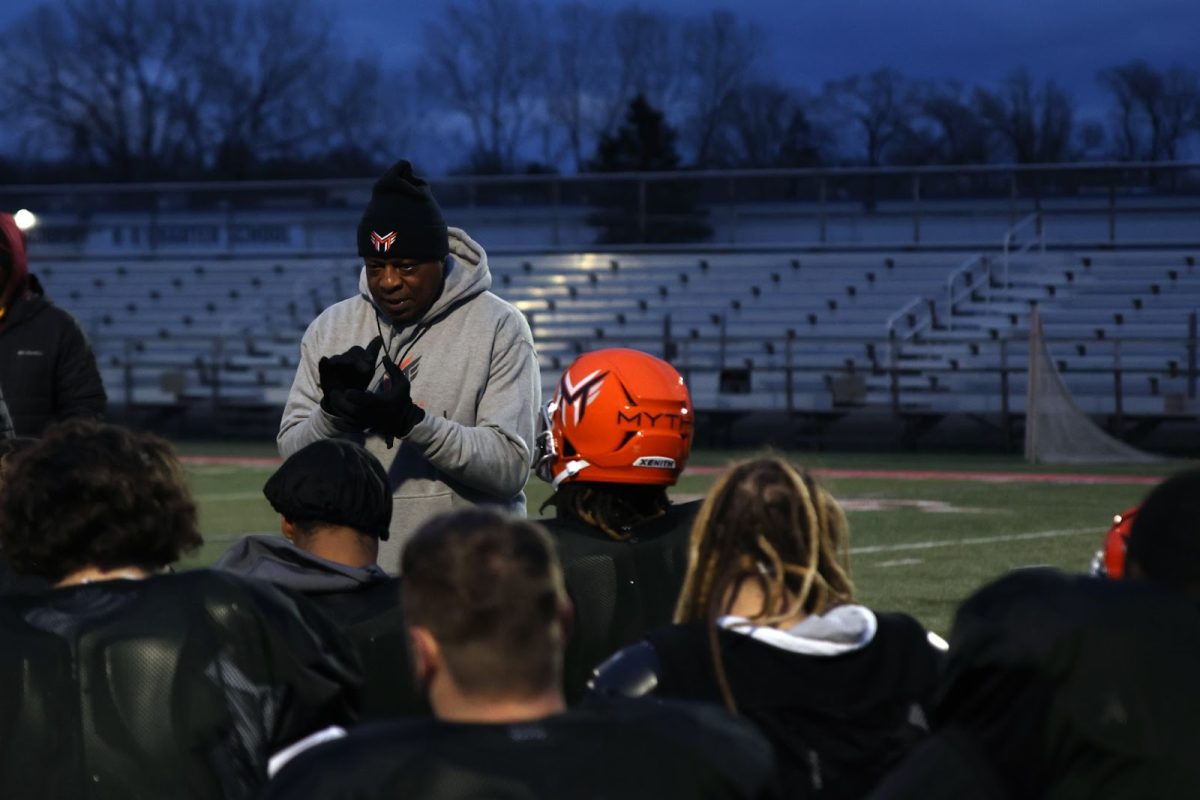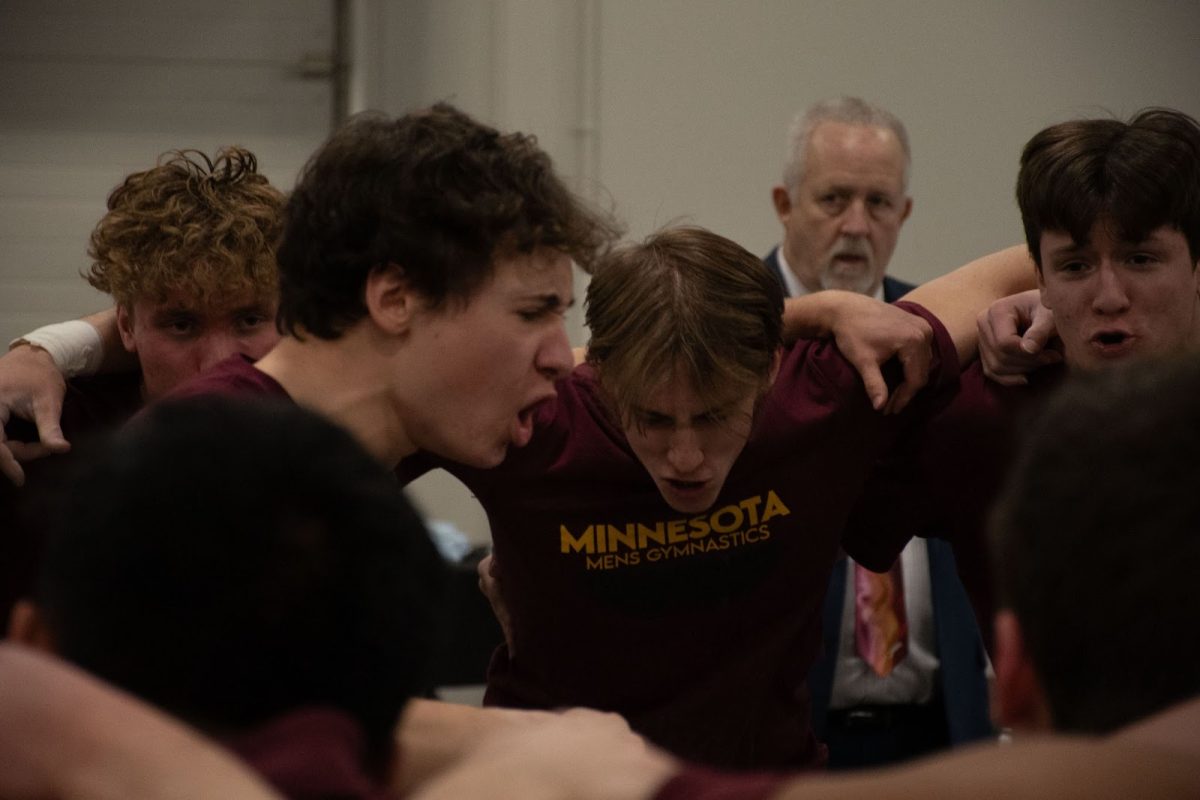COOPERSTOWN, NY – Sometimes the great ones can make things look too easy.
When Paul Molitor addressed the crowd at his induction to the National Baseball Hall of Fame on Sunday, everyone expected a celebration.
After all, this was “The Ignitor.” The man who led the Gophers to their last College World Series, brought the Milwaukee Brewers to their last Major League World Series, and drove the Toronto Blue Jays to their last World Series Championship.
He hit .500 as the Most Valuable Player the 1993 World Series and collected his 3,000th hit with the Minnesota Twins.
All his fans in Cooperstown, N.Y. had something to be proud of and most were ready to revel in the excitement even with sworn rivals – Brewers fans rejoicing with Twins fans no less.
But when Paul Molitor expressed feelings of regret for the sacrifices he made for baseball, the celebration paused.
A slight hush fell on the crowd gathered on the outskirts of Cooperstown – the birthplace of baseball.
Sure fans didn’t expect the ceremony would be all laughing and smiling.
Humility and graciousness were expected from the man who always took time to remember the fans. Even tears were commonplace during the crowning moment of a player’s career, but not in this way.
It wasn’t as if Molitor wanted to turn in his bronze plaque and forget about his 21 professional seasons. But it was an odd thing, for a man whose actions always appeared so effortless, to struggle expressing himself.
The moment only lasted for a short time, and celebration ruled the day. But Molitor’s words delivered the type of insight into his life rarely seen from a professional baseball player, especially one about to be inducted into the Hall of Fame.
A tide of cheers
Before the ceremony, Molitor’s fan base lined the fences around the induction stage with lawn chairs, forming a sea of the three distinct blues that marked his career.
The mix of blue was speckled with gold, red and grey from the Brewers, Twins, and Blue Jays faithful.
There were also pools of purple and maroon from both Cretin Durham Hall – Molitor’s high school in St. Paul – and Gopher fans who made the trip to upstate New York.
A large number of those who came to see Molitor’s induction said they did so because he was more than just a great baseball player.
“All through his career he’s exemplified working hard and working towards goals,” David Zwickey, a Minnesota man that followed Molitor since his time with the Gophers, said. “He always makes himself available to the University. He’s always stayed the course and he remembers where he came from.”
Idol Chatter
When the ceremony began, the crowed watched as 52 of the living 60 members of the Hall of Fame came to show support to Molitor and fellow inductee Dennis Eckersley.
Included in the 52 were fellow St. Paul native and Minnesota alumnus Dave Winfield and Molitor’s former Brewer teammate, Robin Yount.
But of all the Hall of Fame members to sit on the stage, there was one who stood out more than the rest – at least for the Hall of Famer from St. Paul.
The Hall of Fame committee decided to spotlight Harmon Killebrew, who was celebrating the 20th anniversary of his own induction.
The event was significant for both Molitor and Killebrew because Molitor had idolized the former Twin for years as a child. The two have since developed a lasting friendship.
Although his highlight film featured a gushing Molitor, Killebrew seemed equally excited to be with Molitor at his induction.
“He’s baseball,” Killebrew said of Molitor. “He’s the kind of guy that would be a great brother, teammate and friend. I consider him a friend of mine.”
Stepping to the plate
If Molitor is indeed baseball, his speech described a game that acted as a timeline throughout his life. It marked both the highs and the lows of human emotion.
For Molitor, that timeline has always begun in one place.
“I grew up in St. Paul, Minnesota in a wonderful family consisting of my mom and dad, six sisters and a brother,” Molitor began. “I loved all sports, but baseball was my passion. When that snow would begin to melt and that grass would start to peak through in the spring time, it was time for baseball.”
Molitor continued in the same fashion, narrating through his career. He often took up much of the time to return the praise heaped upon him by acknowledging the fans from every time in his career.
“There were so many days when I arrived to County Stadium and there would already be ten to fifteen thousand people in the parking lot, five hours before game time,” Molitor said. “I think it’s pretty obvious they invented tailgating.”
When he wasn’t hailing the fans, Molitor often turned to Killebrew or other Hall of Famers and thanked them – some for being outstanding peers and others for inspiring him to compete.
Molitor continued to thank people in this way while still touching upon the memorable moments and milestones which marked his years.
But after he finished describing his career, Molitor’s speech began to show its shift.
It was in addressing those closest to him, that Molitor revealed his shortcomings.
He warmed up by crediting and thanking his friends and distant relatives before addressing his immediate family.
He began to show more emotion while thanking his six sisters and one brother for supporting him through a career that actually kept them apart.
He also paid tribute to his parents who both died before being able to share his crowning moment.
When it was time to address his children and current and former wives, Molitor opened up to each one individually and said he was thankful for their understanding.
“I know that you had to sacrifice a lot because your dad played baseball and I traveled and worked,” Molitor said to his daughter Blaire. “But the memories we do have, they mean so much to me.”
It was through these words that Molitor explained the often tough reality of choosing baseball as a career.
He mentioned a son Joshua in Toronto, which, afterward, he said he still needed to get to know.
Molitor also admitted to drug problems early in his career, while fielding questions with Eckersley, who took time in his own speech to discuss his battles with alcohol abuse.
Bringing it back home
Despite the struggles Molitor addressed, he said he is looking forward to the future, which includes his 11-month-old daughter.
Molitor added that he never lost his love for the game. Instead he said he persevered through the bad and simply looked forward to playing when he could.
“My dreams never took me to Cooperstown,” Molitor said. “I didn’t play the game to get here. I played the game because I loved it.”
Even so, Molitor admitted that there was something about Cooperstown and the honor he felt in becoming a member of the Hall of Fame.
“It’s that magical place,” Molitor said. “It’s that place that transcends time where baseball is respectful, traditional, simple and pure.”
Baseball has been described as a game about coming home. And, although he said that sometimes it seemed to come between his other home, Molitor said he was honored to finally complete the journey.



